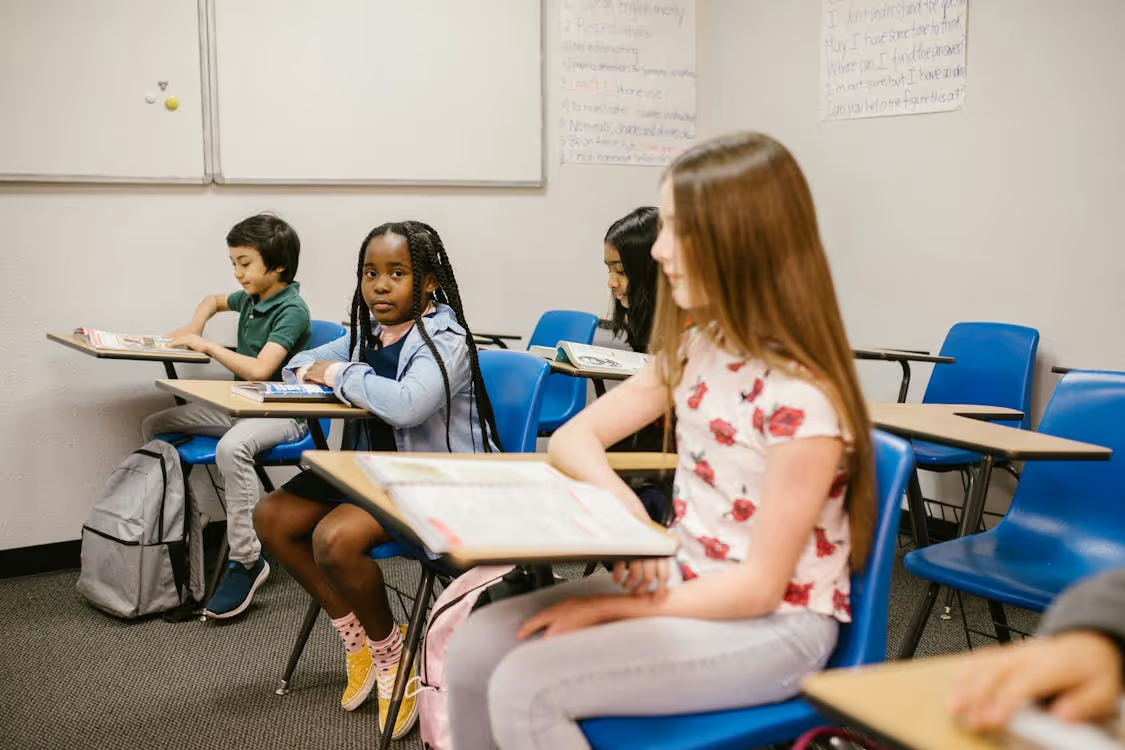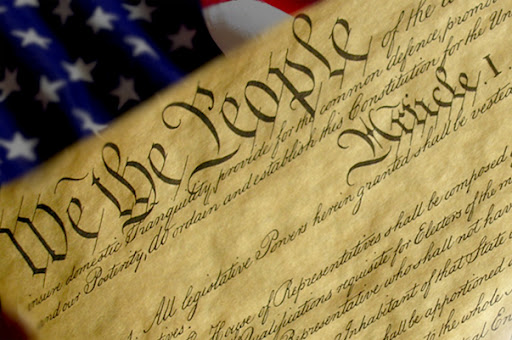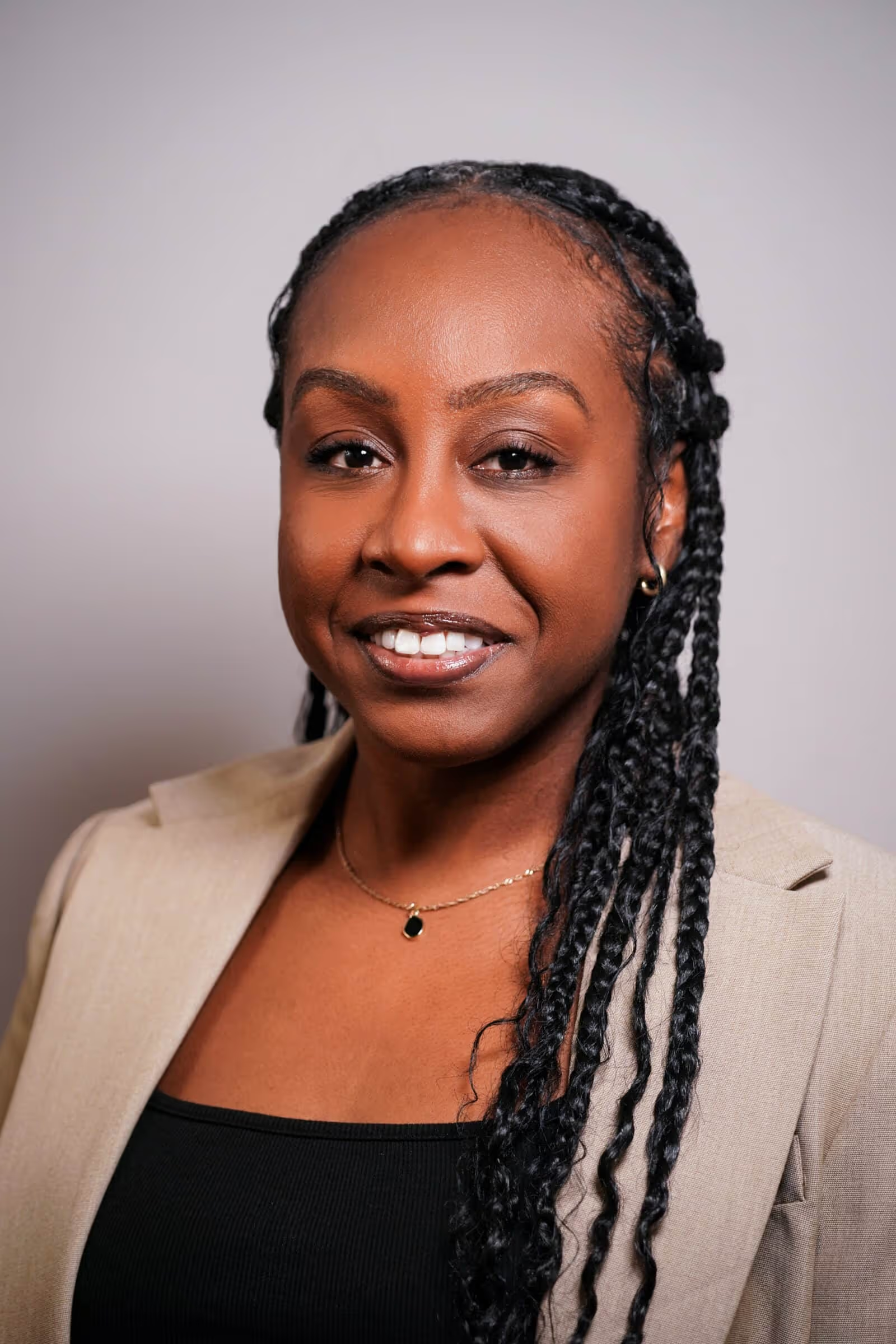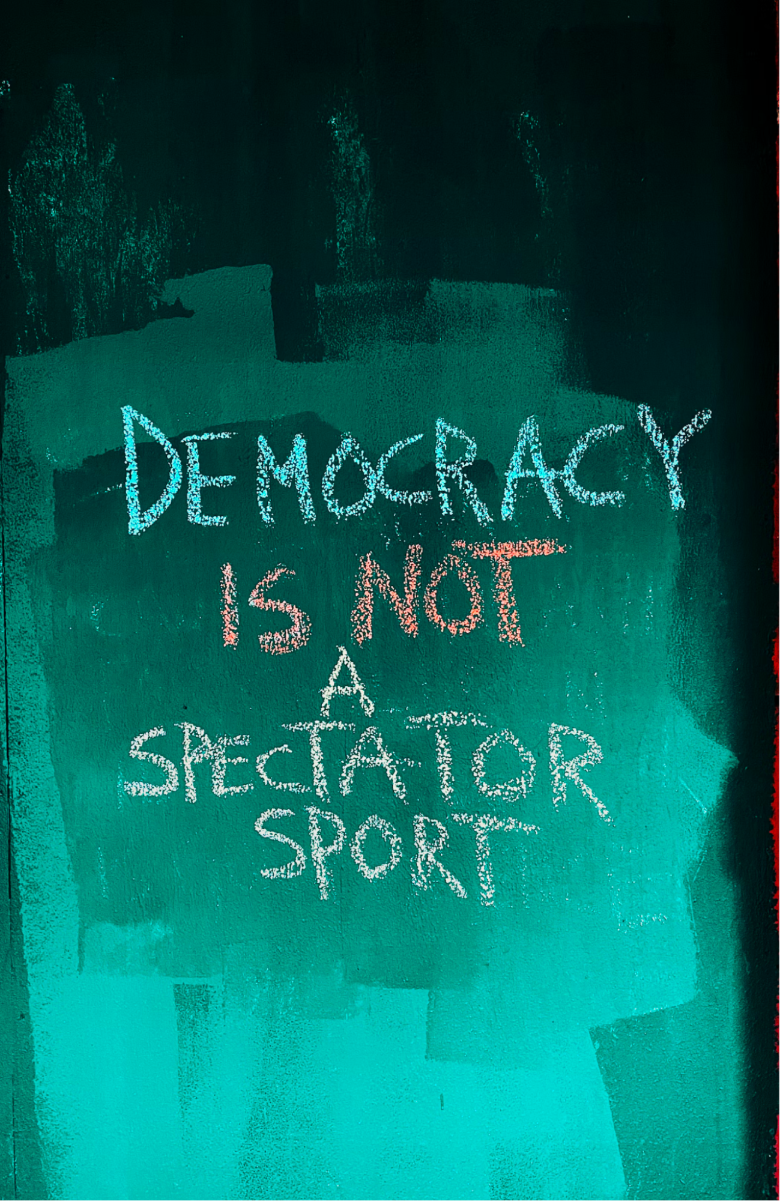
Analysis
How School Vouchers Blur the Line Between Church and State
In recent years, a quiet but powerful movement has been gaining steam across the United States: the push for school vouchers. While these programs are often sold as empowering parents and improving educational opportunities, their real impact is far more complicated. As more states adopt or expand school voucher programs, and with the potential for federal legislation in 2025, we must take a hard look at what school vouchers mean for the future of public education, and what they mean for the most vulnerable students in our society.
School vouchers allow parents to use public funds for private schooling options, including religious schools, which are often exempt from the regulations that govern public schools. The logic behind these programs is simple: give parents the power to choose where their children go to school, apparently offering more opportunities for educational improvement. However, the reality is much murkier.
Across the country, vouchers are spreading rapidly. Voucher programs are transforming the educational landscape in states like Florida, Arizona, and Iowa. These programs are often sold as “solutions” to what are perceived as failing public schools. However, what is left unsaid is how these programs divert desperately needed resources away from public schools, which serve 90% of students in this country.
Moreover, the expansion of school vouchers opens the door to taxpayer dollars funding religious institutions, many of which include religious teachings as part of their curriculum. This blurs the line between church and state, a fundamental principle enshrined in the First Amendment. Schools that receive voucher money are not required to teach secular curricula or comply with the same anti-discrimination laws that apply to public schools. This leaves religious and conservative values to shape educational experiences, often at the expense of more inclusive, diverse approaches to learning.
We also cannot ignore the growing connection between school vouchers and the broader ideological agenda of the far-right. School choice programs are often presented as a way to improve educational outcomes, but in practice, they are often part of a strategy to impose conservative religious values on the education system. This is a direct assault on the secular nature of public education, which serves as a critical space for children from diverse backgrounds to come together, free from the influence of religious dogma.
In 2024, the Educational Choice for Children Act was introduced, which would further expand the scope of school vouchers through significant tax incentives. Under this bill, individuals would receive a tax credit for donations to scholarship-granting organizations, which fund private school tuition for low-income students. While supporters argue that this will increase educational options, the reality is that it will divert billions of taxpayer dollars to private and religious institutions. This bill specifically ensures that religious schools are free from government oversight, including protections against discrimination based on religious character or affiliation.
At this critical moment, we cannot allow the forces pushing for school vouchers to dictate the future of education in our country. As we approach 2025, we must be clear-eyed about the dangers of expanding these programs and stand firm in our commitment to a public education system that is truly inclusive and accountable. This is not just about money or policy, it’s about children's future and the kind of society we want them to inherit.
Transcript

Pluralism is Democracy in Action
On July 4, America will mark 250 years since the signing of the Declaration of Independence. That day in 1776, the nation’s founders put forward a bold vision for a new democratic experiment, one rooted in shared values, with power derived from the people rather than imposed by a monarch or religious authority:



